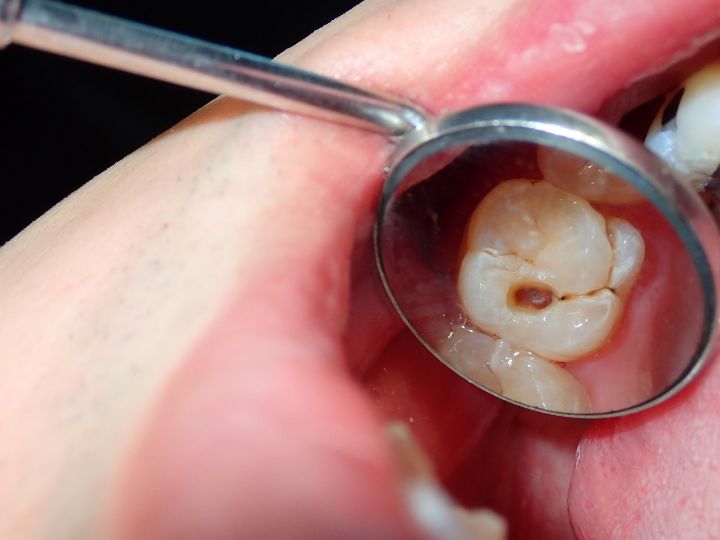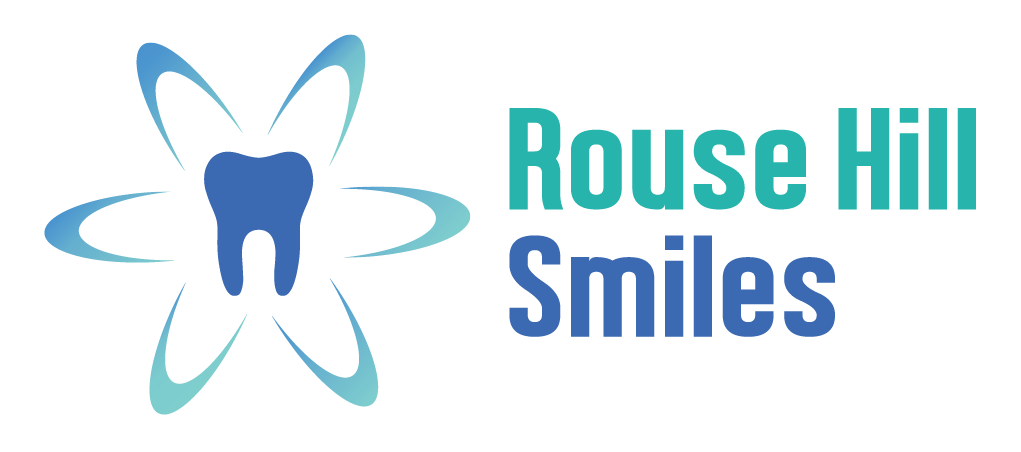Are Cavities Contagious? Do They Spread?
You probably think of cavities as a personal dental issue, something caused by sugar, poor brushing or missed dental visits. But did you know that cavities can actually be contagious? Studies have shown that cavity-causing bacteria can pass from one person to another, especially through close contact like kissing or sharing utensils. So, while cavities are contagious, understanding how they spread is the first step toward prevention.

Cavity-Causing Bacteria: The Real Culprit
The real issue behind cavities isn’t just sugar, it’s the bacteria that feed on it. Streptococcus mutans is one of the main bacteria responsible. It thrives on sugars and produces acid that wears away tooth enamel over time. These bacteria can be transferred from one mouth to another. Think parents blowing on food, siblings sharing a spoon or a simple kiss between partners.
How Do Cavities Form?
Here’s what happens in simple terms: when sugar remains on your teeth, bacteria feed on it and release acids. These acids attack the enamel the hard, protective outer layer of your teeth.
Repeated exposure leads to demineralisation and eventually, a cavity. But if these bacteria didn’t exist in your mouth to begin with, the sugar wouldn’t do much harm. That’s where the idea of contagious cavities comes in.
The Silent Spread: Everyday Habits That Transmit Bacteria
You might be unknowingly passing on these bacteria through your daily habits. Here are a few examples:
● Sharing a toothbrush (please don’t)
● Consuming food with the same spoon you use to feed your child
● Kissing your child on the lips
● Taking a bite from someone else’s food
These behaviours might seem harmless, even affectionate, but they can transfer cavity-causing bacteria, especially to young children whose enamel is still developing.
Why Children Are at Higher Risk
Kids, especially babies and toddlers, are more vulnerable to developing cavities. Their enamel is thinner, and their oral hygiene routines rely heavily on adult supervision. If a parent unknowingly transmits harmful bacteria, it sets the stage for early tooth decay.
In fact, early childhood caries sometimes called “baby bottle tooth decay” is one of the most common chronic childhood conditions. According to the American Academy of Paediatrics, more than 40% of children have cavities by the time they reach kindergarten.
How to Prevent the Spread of Cavities
If cavities are contagious, the good news is that prevention can be too. Here’s how you can keep your and your loved ones’ mouths safer:
1. Don’t share utensils or toothbrushes.
It might seem convenient or even affectionate, but it’s a direct way to transfer bacteria.
2. Practise excellent oral hygiene.
Brush twice a day with fluoride toothpaste, floss daily, and rinse with an antibacterial mouthwash if advised by your dentist.
3. Schedule regular dental visits.
Routine check-ups help detect and treat problems early. They also help you stay on top of your oral hygiene habits.
4. Avoid blowing on baby food or licking dummies.
Even tiny gestures like testing baby food or cleaning a pacifier with your mouth can introduce bacteria to a child’s mouth.
5. Treat your own cavities promptly.
If you have untreated tooth decay, you’re more likely to spread cavity-causing bacteria to others.
6. Encourage your child to drink water often.
Fluoridated water strengthens teeth and helps rinse away food particles and bacteria.
Can Adults Catch Cavities Too?
Absolutely. While children are more susceptible due to weaker enamel and dependence on adults, adults can also acquire new strains of cavity-causing bacteria. Partners who live together can pass on these bacteria through saliva, especially if one has poor oral hygiene .
So, if one person in the household has recurring dental problems, it is important for everyone to get checked.
Dental Decay Isn’t a Solo Problem
What we’ve long considered a solo hygiene issue is actually more of a social one. When asking, “are cavities contagious?”, it’s essential to see the bigger picture. Cavity prevention is not only about brushing and flossing; it’s also about being mindful of how we share food, show affection and maintain dental hygiene as a group.
So, are cavities contagious? Yes, in the sense that bacteria responsible for them can be passed through saliva and everyday interactions. Cavities aren’t just a reflection of your dental hygiene habits, they’re influenced by those around you too. With good hygiene practices, regular dental visits and a little awareness, you can prevent cavities from spreading in your family or community.
Need help protecting your family’s smiles? Book your check-up with our expert dental team at Rouse Hill Smiles Dental Clinic today.
Our Principal Dentist
Dr. Teena and the Rouse Hill Smiles team are dedicated to providing patients of all ages with the highest quality of care.

Dr. Teena Bali
Dentist
Quick Contacts
- Rouse Hill Plaza G07-G08, 2-4 Aberdour Avenue Rouse Hill, NSW 2155
- enquiries@rousehillsmilesdentalcare.com.au
- (02) 8320 0548
- Copyright 2026 Rouse Hill Smiles Dental Care







